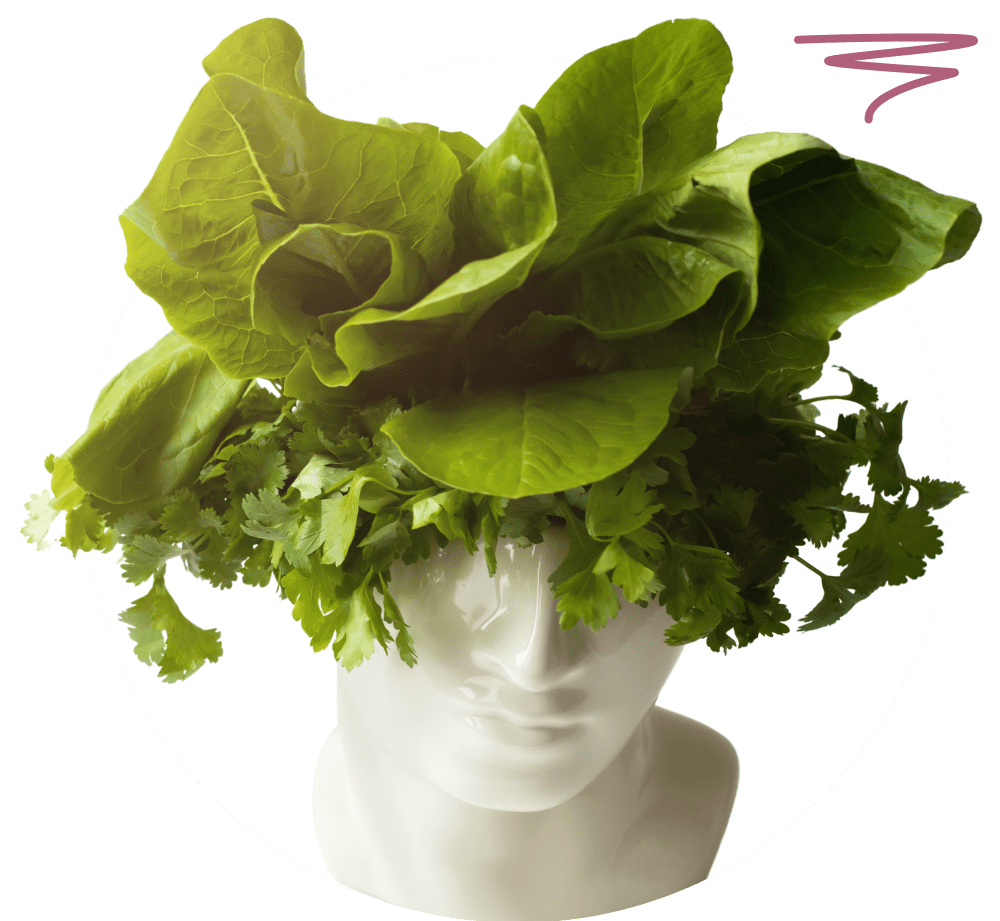Table Of Contents
Proteins are an indispensable macronutrient for good health. Just to give you an idea of how crucial they are, their name comes from the Greek word proteos, literally meaning “primary” or “first place”.
They are large, complex molecules that perform several important functions, including providing structure, regulating cell growth and maintenance, boosting the immune system, and transporting and storing nutrients; they are found throughout our bodies, in muscles, bones, skin, hair, and just about in every cell in our bodies.
How much protein you should eat will vary according to:
- how old are you,
- if you are a man or a woman,
- whether you are pregnant or breastfeeding, and
- your fitness workout.
As a general rule, for an adult with a sedentary lifestyle, the recommended dietary allowance (RDA), meaning how much you should eat to avoid protein deficiency, is 0.8 grams of protein per kilogram of body weight, per day. So, for example, an adult of 70 kilos or 155 pounds, needs 56 grams of protein per day.
To reflect this in terms of food amounts, one option could be the following:
- Breakfast: two scrambled eggs, 12 grams of protein.
- Lunch: chicken salad (3 ounces), 26 grams of protein.
- Snack: ½ cup of plain yogurt, 6 grams of protein.
- Dinner: black bean (1/2 cup) – quinoa (1/2 cup) bowl, 13 grams of protein.
But what if you are an athlete or simply someone who has daily workout sessions?
In these cases, how much protein you need to build muscle will vary based on the type of training you do, and the intensity and frequency of the training. The recommended protein intake varies between 1.2-1.7 grams of protein per kilogram of body weight per day; using the same example of a person weighing 70 kilos, the intake would now be between 84 and 119 grams of protein per day.
If you need to increase your protein intake to meet the recommendations, it is not necessary to use supplements, but rather you should eat foods that are sources of good quality protein. These include meat, poultry, fish, eggs, dairy products, beans, peas and lentils, tofu, nuts and seeds, and some cereals, such as oats, quinoa, and buckwheat.
Also, read – Weight Loss with Mindful Eating
Another interesting aspect of proteins is that they can also help you lose weight. Why? For one, foods that are a source of protein take longer to digest, staying longer in the stomach and giving us a fuller sensation with less food.
In addition, our body uses more energy to break down and metabolize proteins, in comparison with other nutrients, increasing the body’s use of energy, which favors weight loss.
How much protein you need to eat to lose weight depends on your age, physical activity level, sex, weight, and weight loss goals. As a general rule, stick with lean protein when choosing animal foods, and add more plant protein, such as pulses, nuts, and seeds, as they also provide fiber, which further contributes to feeling fuller with less food.
Asked by: Kelly J.
With a degree in Nutrition and Dietetics, Eva is a dietitian-nutritionist who is passionate about everything related to food and nutrition.
She is always in constant search of knowledge and loves to write about topics related to food, nutrition, healthy eating habits, and tips for a healthy lifestyle, making knowledge about food and nutrition education available to everyone, helping them to have better health.
She is also a chef and has experience in recipe creation and workshops on healthy cooking.









